SEO stands for Search Engine Optimization, and it refers to the practice of improving the visibility of websites or web pages in search engines such as Google, Bing, Yahoo, and others. This helps increase traffic from organic searches.
Numerous tools out there claim to be the best SEO tool. Some are free, some are paid, and some are even open source. The question is, which ones should you choose?
Why Use SEO Tools?
There are many different types of SEO tools available today. Some are designed for beginners, while others cater to advanced users. Beginners should focus on using free tools that offer basic features.
Advanced users will need to pay for premium packages that offer more robust functionality. You’ll find that there are plenty of free SEO tools out there. These range from simple keyword research tools to full-blown analytics programs.
There are even tools that combine both functions. However, not all SEO tools are created equal. Some are simply glorified keyword research tools that won’t give you any additional insights. Others may be great for analyzing individual pages or sections of your website, but they cannot analyze the entire site.
Keep in mind that these are all just tools and not a substitute for actual SEO knowledge and experience on how to apply the data they provide.
Finally, some tools are just plain buggy. They often crash when you try to run them, or they fail to update properly. So when looking for an SEO tool, it’s important to consider its quality before shelling out money.
Best Search Engine Optimization (SEO) Tools
1. Ahrefs: SEO Keyword Tool
Ahrefs is a great SEO keyword research tool. It’s one of the most recommended ones out there. It’s second to Google when it comes to being the biggest website crawler.
SEO experts can’t get enough of Ahrefs’ Site Audit feature because it’s the best SEO analysis tool around. It highlights what parts of your site need improvements to rank better on search engines.
From a competitors analysis perspective, you’ll likely use Ahref’s to determine your competitors’ backlinks to use them for your own brand. If you want to check if your competitors are using any backlink strategies against you, then you can use this SEO tool to check and fix broken links.
You can also use Ahrefs to find the most linked-to content within your niche, which will help you understand what kind of content attracts visitors.
2. Google Search Console: Top SEO Tool
Google Search Console allows you to monitor and receive reports about your site’s presence in search engine results. You can add a verification code to your website or go through Google Analytics to sign up for the service.
Once you’re verified, you can submit your site page for indexing. You don’t need an account to appear in Google search results, but you can control what gets crawled and how your website is presented.
As a search optimization tool, Google Search Console helps you understand how Google and users see your website. It also lets you track changes to your site and identify issues before they affect rankings.
This data is directly from your website, unlike third-party external tools. It’s a great place to gather keyword data instead of Google Analytics which blocks most of that information.
It also provides direct feedback about your site from Google. Such as manual penalties and security risks.
3. SEMRush: Marketing SEO Tools
SEMrush is an all-in-one marketing platform designed to help businesses succeed online. It helps users analyze their keyword rankings, track backlinks, discover potential issues, and optimize their websites.
The free version comes with basic features and a lot of useful insights. Paid plans start at $69/month and offer unlimited access to all features.
SEMrush is an SEO tool that helps you get more organic traffic. It shows you your top competitors, the keywords they rank for, and how many backlinks they have. You can also see how well optimized your website is for those keywords.
It will even tell you if there are any errors on your page and help you fix them. You can also check out each article’s keyword suggestions and topics. You can even create custom reports and export them to Excel.
4. KWFinder: SEO Keyword Tool
KWFinder is an SEO keyword tool that helps you find long-tailed keywords with low competition. The team behind this tool uses its own algorithm to find the best keywords. Once you enter your website URL, KWFinder will provide you with a list of keywords with high potential to bring traffic to your site.
You can also analyze your competitors using this tool. For example, you can see their target keywords and compare them to yours. If you need additional insights, you can download a report that shows all the information you need about each keyword.
KWFinder helps you find keywords that will drive traffic to your website. You can also see what words are similar to yours and compare their volume, competition, and difficulty. You can even find out if there are any negative reviews for your competitors!
5. Moz Pro: SEO Software
Moz is a search engine optimization tool that helps you understand what keywords drive traffic to your site. It will tell you what pages rank well for specific terms, and if those pages aren’t ranking at all, it will suggest ways to improve rankings.
It also offers other useful features like a sitemap generator and link analysis tools. Moz is constantly updated and regularly reviewed by Google, so it is a very effective tool for both beginners and advanced users. MozCon is Moz’s annual conference, held in different cities around the globe.
There are workshops, panels, and presentations covering everything from web design to social media marketing. Attendees can connect with each other and share ideas.
I love the “page optimization feature” because it shows me exactly what we should be doing to improve each page of our clients’ sites. For example, it might show us that we need to add an image with an alt tag for a specific keyword. Or it could show us that we need a meta description for a particular page.
These insights help us understand what needs to change and why. If we didn’t have access to this kind of information, SEO would be a guessing game.
6. Ubersuggest: Keyword Tracking Tool
Ubersuggest is an awesome keyword research tool that will help you discover the best keywords for your niche. You’ll get all sorts of useful information like the competition level, monthly searches, average CPC, and more.
Use this tool to find out what kind of traffic your competitors are getting from each keyword and whether or not it’s worth investing time and money into.
7. Answer The Public: Free SEO Tools
Answer the public is an easy-to-use website builder that allows you to create high-quality blogs quickly. You can choose from a number of templates and themes to get started.
Once you’ve got your blog set up, you can add posts using any topic you wish. The best thing about this site is that you can easily share your post via social media. This is an excellent place to start if you’re looking for ideas for blog posts.
AnswerThePublic gives great insight into what questions people are asking. It helps in coming up with content ideas or writing a FAQ; it helps come up with something really helpful. It also saves time answering the same questions over and over again.
8. SpyFu: Free SEO Tools
SpyFu is one of the best online marketing tools available today. Its free version offers all the basic features you need to monitor your competition. However, if you want to go beyond the basics, you can upgrade to the premium version for $29 per month.
Once you pay for the premium version, you can access additional features like keyword research, competitor analysis, and more. These advanced features will help you identify opportunities for growth and increase your ROI.
SEMrush is an all-in-one SEO tool that helps you analyze your search rankings, monitor backlinks, discover potential issues, and plan out your future campaigns.
It also provides detailed insights about your competitors and market share. The free version gives you access to basic tools like Keyword Difficulty Index, Backlink Analysis, Competitor Analysis, Site Audit, and Social Media Monitoring.
Spyfu is known for its exceptional insights for Pay Per Click campaigns of your competitors.
However, if you want to dig deeper into your analytics, you can upgrade to the paid plans. The Pro Plan includes everything in the Free Plan, plus additional features like URL Structure Analysis, Domain Authority, Page Authority, Content Performance, and Citation Flow. The Enterprise Plan offers advanced features like Rank Tracking, Custom Reports, API Access, and Integration.
9. Woorank: SEO Ranking Tool
Woorank is an SEO analytics tool that allows you to see what keywords your competitors rank for, how long they’ve been ranking for those keywords, and how well they’re doing.
It also provides insight into how your site performs against its competition. If you’d like to try out Woorank for yourself, you can get started here.
10. Majestic: Marketing SEO Tools
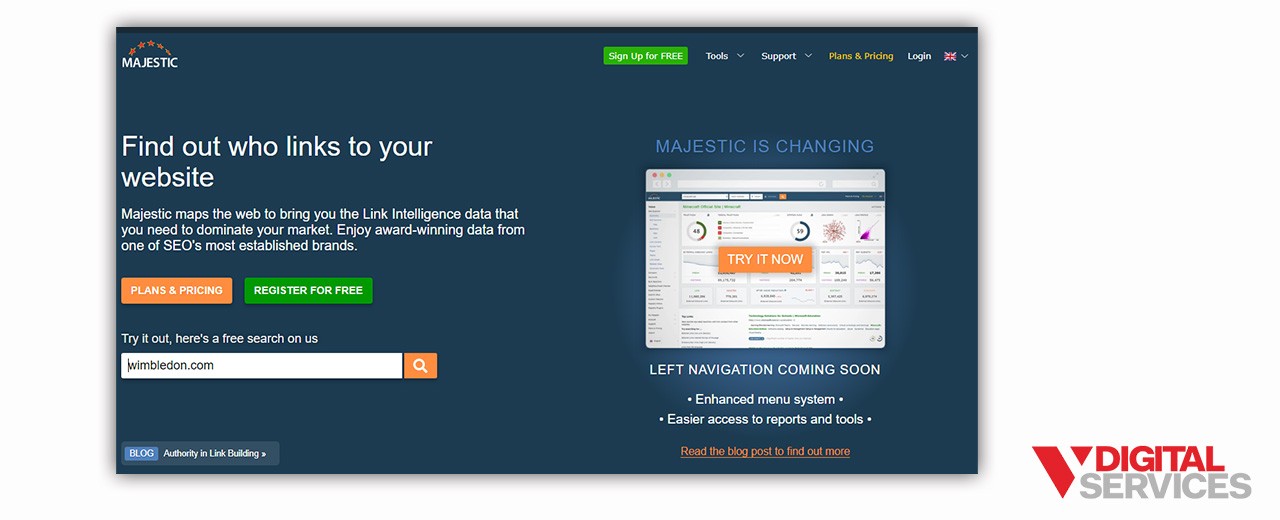
Majestic is a great free SEO tool that helps you track rankings and monitor competitors. You can find out what keywords your competitors are using and try to beat them. The site Explorer shows you how many backlinks there are to your site and how many pages you have indexed.
It also gives you a general idea of the traffic your site gets. The Keyword Finder lets you search for specific keywords and get a list of all the sites that match those words. Majestic also has a lot of other cool features, like the ability to compare multiple domains at once.
There is also a paid version of the tool, and one of the core strengths of this tool is the evaluation of backlink profiles and the trust flow of those websites sending backlinks to your site.
11. Google Trends: SEO Checker Tool
Google Trends is an incredibly useful tool for businesses looking to grow. It gives you insights into what topics are trending worldwide, which can help you plan your marketing strategy.
You can see what keywords are getting searched the most, what countries are searching for certain terms, and even get information about interest over time.
Google Trends can also provide information about the popularity of certain topics in different regions. For example, if you wanted to target local consumers in New York City, you could search “New York” and “restaurants,” and Google Trends will show you the most popular searches related to those two topics.
12. SEOQuake: Free SEO Tools
SEOQuake is one of the best free search engine optimization tools available today. This Chrome extension helps you analyze your site and compare it to other sites.
You can see how well optimized your pages are, what keywords you need to focus on, and even get a detailed report on how your rankings stack up against your competition. If you’re looking to increase traffic to your site, SEOQuake will help you identify the areas you need to fix.
13. Siteliner: SEO Analysis Tool
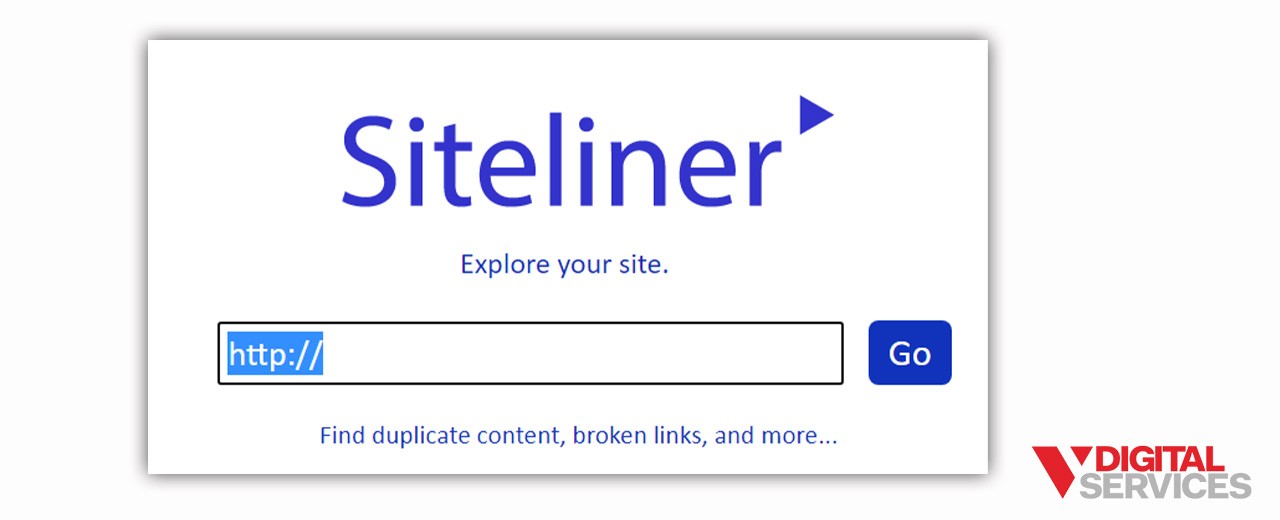 Siteliner is an SEO tool that helps you find duplicated content on your website. Duplicate content is identical content on multiple pages. It’s bad because Google will penalize your site if you have too many pages with duplicate content.
Siteliner is an SEO tool that helps you find duplicated content on your website. Duplicate content is identical content on multiple pages. It’s bad because Google will penalize your site if you have too many pages with duplicate content.
You should try to avoid creating pages with exact copy/paste of each other. That’s why Siteliner checks all your pages against its database of websites and tells you what’s wrong with them. If there’s something wrong, you’ll get a report that includes suggestions to fix the problem.
14. Fat Rank: SEO Tools
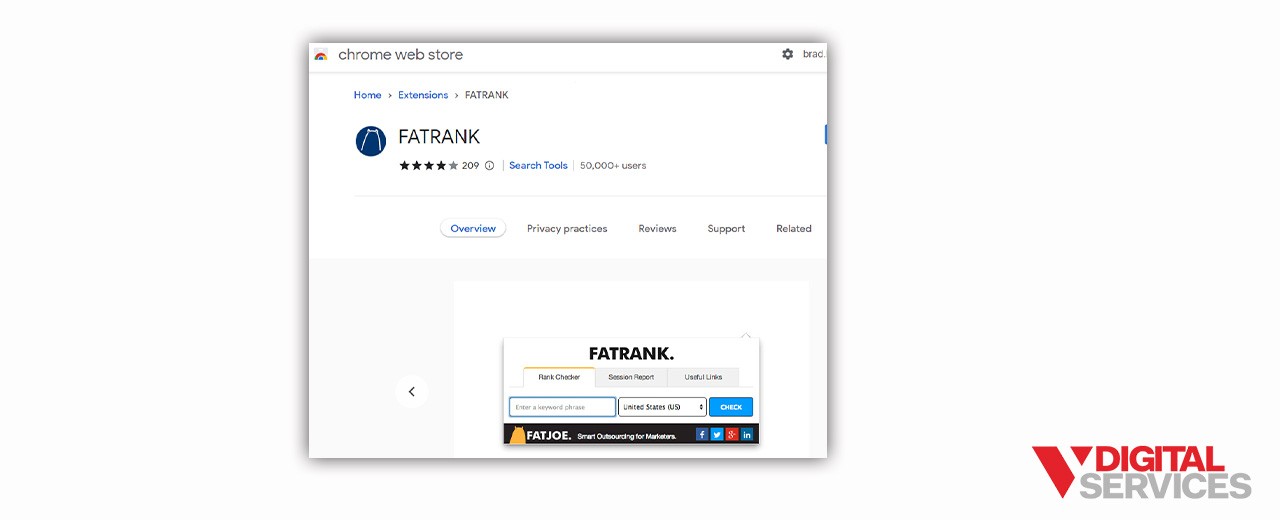
SEO tools help you understand what keywords your competitors are using and what keywords they aren’t using. This helps you determine if you need to change your current strategy or adjust your current one.
For example, you might see that your competitor ranks well for “best SEO services” while you haven’t even come close to doing that. Or, you may notice that your competitor doesn’t rank at all for “SEO service,” but you rank for it. This will let you know if your strategy needs an adjustment.
FatRank is an excellent free SEO tool that everyone should be using. It helps us see our rankings for any search term we enter. When someone wants to know their current rankings for a given term, they can just type it in and see their current rank. It is very accurate and live. FatRank is free and should be a part of every SEO’s toolbox.
15. Keywords Everywhere: SEO Keyword Tool
Keywords Everywhere is another great free SEO tool that helps you find the best keywords for your site. You can even upload a list of keywords and get an instant report showing you what terms are currently driving traffic to your site.
These tools are useful for brainstorming blog topics, finding the best keywords to target, and identifying trending topics.
16. Screaming Frog: SEO Tools Online
Screaming Frog is considered one of the best SEO tools online. They love how much money they save by having this software audit your website super fast to give you insights about what needs to be improved.
In fact, everyone we spoke to said that its speed at giving you insights was faster than any other SEO tool online. This tool also tells you about duplicate content, errors to correct, bad redirections, improvement areas for link building, and many other important factors. Their SEO Spider tool is considered the best feature by SEO experts.
Screaming Frog is a free crawler that helps you discover your website’s strengths and weaknesses.
You can check out its features here. If you need help setting it up, read our guide. Once you’re done crawling, you can analyze your results using reports and graphs. Find out what keywords drive traffic and what pages aren’t getting enough attention.
Use Screaming Frog to spot issues like duplicate titles, broken links, and 404 pages. You can even export your results to Excel or CSV files.
17. Serpstat: All-in-one SEO platform
Serpstat is a growth hacking platform designed to help small businesses grow their online presence. It offers a suite of tools, including keyword research, competitor analysis, and content creation.
With the ability to save time and money, many marketers and entrepreneurs are using Serpstat to increase their traffic and sales. The missing keywords feature helps identify the keywords that your competitors rank for in the top 10 search results and you’re not.
Serpstat is a great keyword research tool that focuses on researching keywords and finding out what your competition is ranking for. It is not an all-inclusive tool with lots of features like SEMrush. It is a simple tool that does exactly what you need it to do.
18. Google Incognito Mode
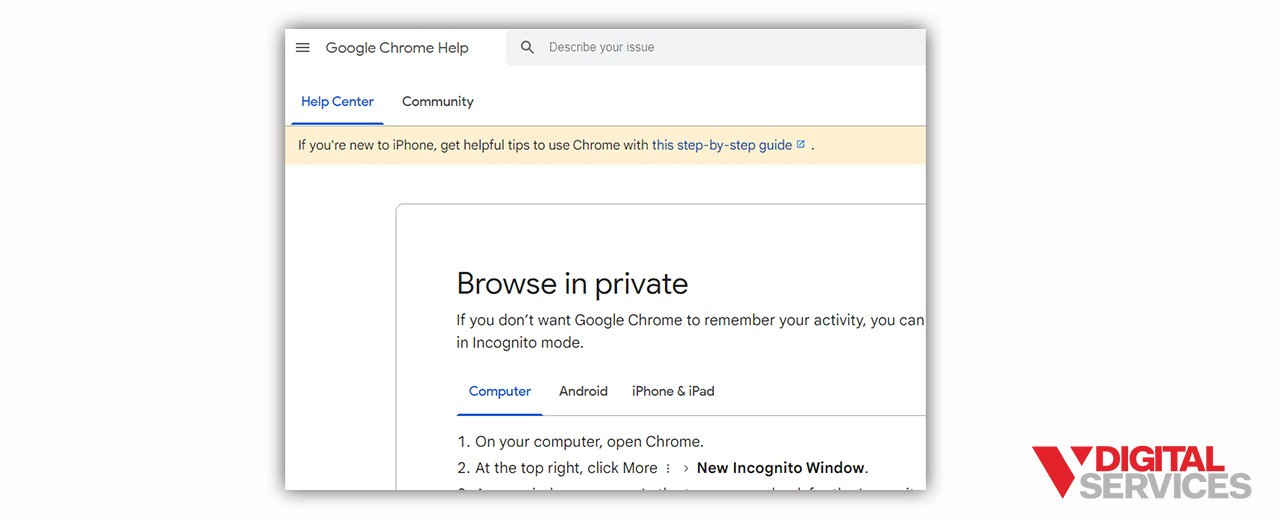
Switch to incognito mode and search for any keyword. You will see the number of times your website appears in the top 10 results. If your site doesn’t appear at all, then there is an issue with your SEO strategy. Try using different keywords to see if your rankings change.
Your SEO Experts
SEO is an important tool for any website owner to get traffic and conversions. However, it takes time to understand how it works and what you need to do to achieve results. That’s why we decided to create a list of the best SEO tools available today. These tools will help you analyze your site and optimize its content for search engine rankings.
There are many great tools available to help you grow your site. Some are free, while others cost money. All of them will tell you what you need to change to move forward. You should try each tool until you find the ones that work best for you.
Grow Your Business with the Best SEO Services
SEO is a science of optimization. It focuses on improving your site’s ranking in search engine results pages (SERPs) through various techniques like link building, content marketing, social media optimization, and more. These days, SEO has become a lot more complex because many factors need to be taken care of. You’ll be able to analyze your competitors’ websites, track your rankings, and get insights into your audience.
Photo credits: TarikVision, Gorodenkoff


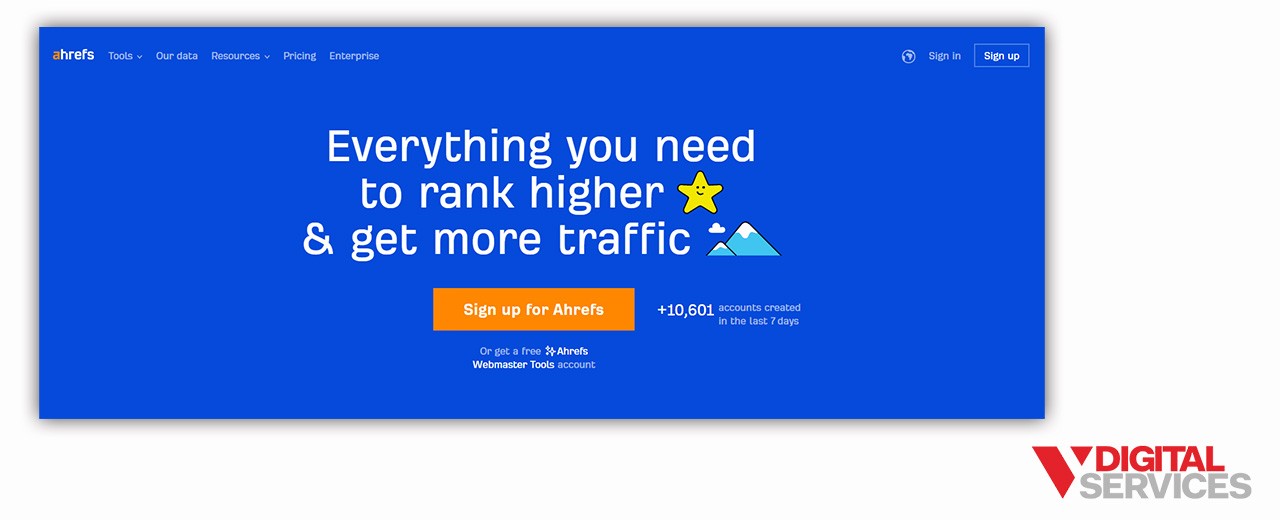
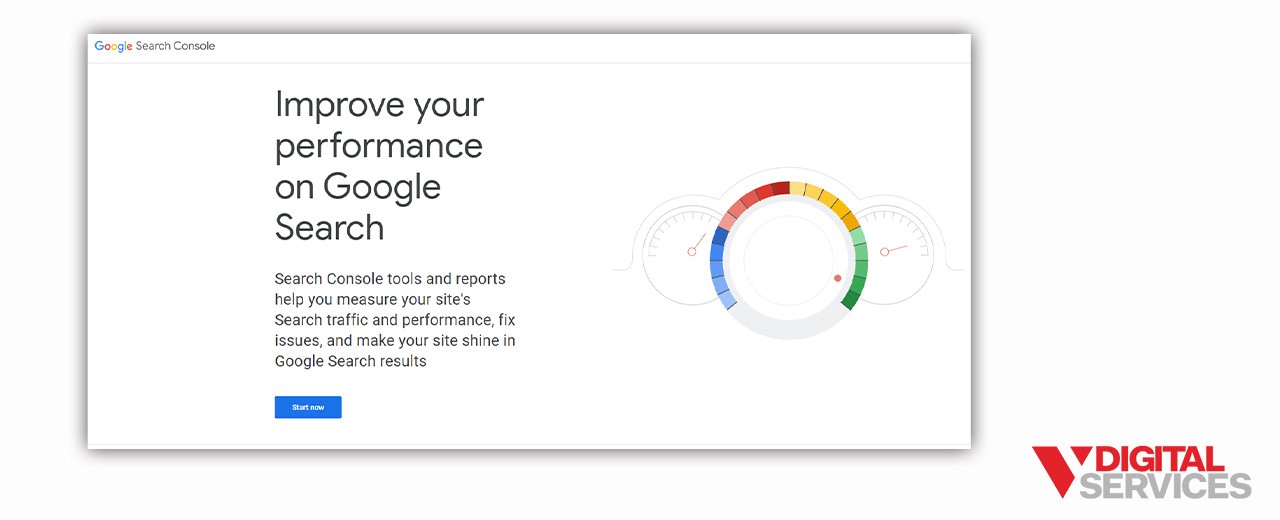

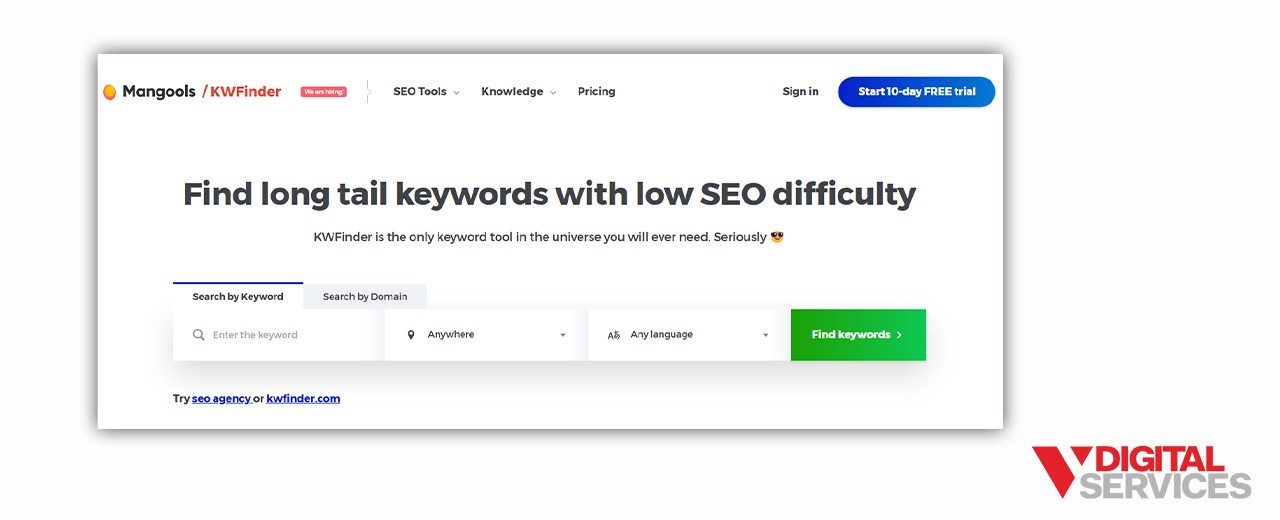
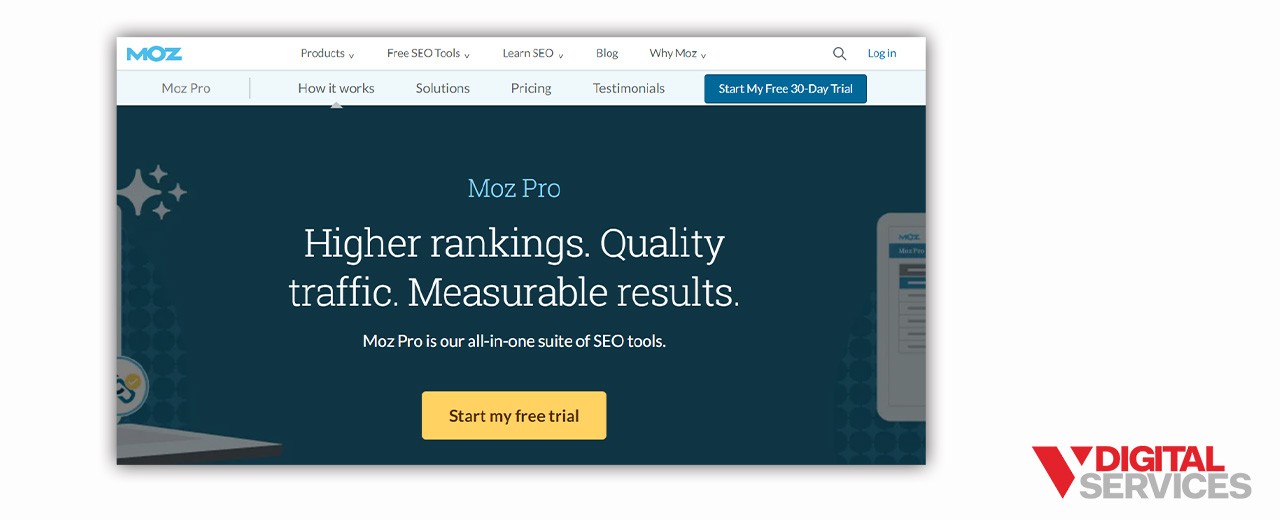
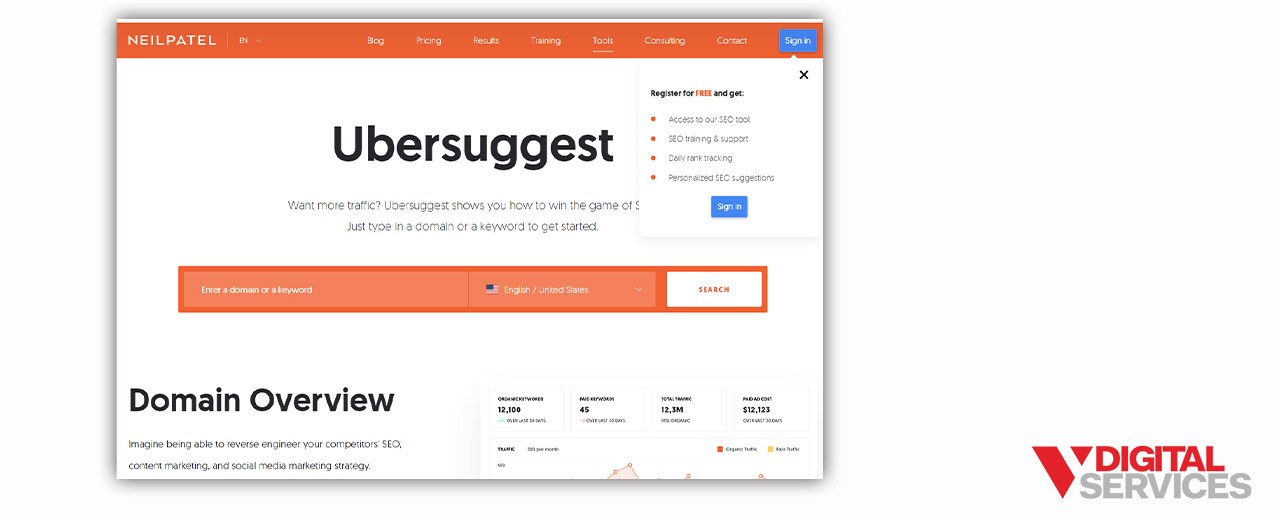

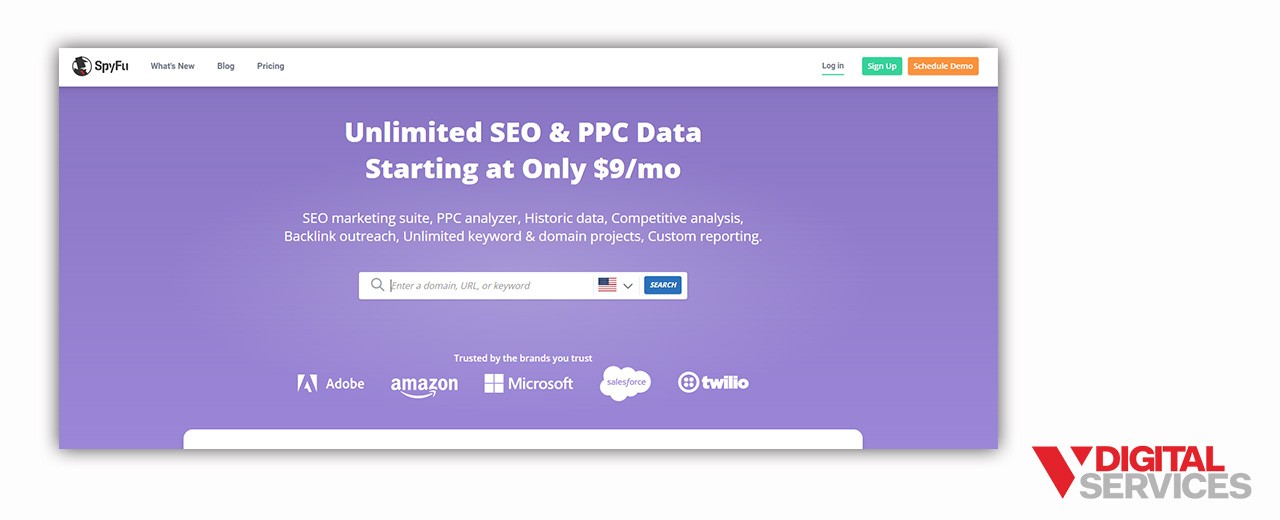
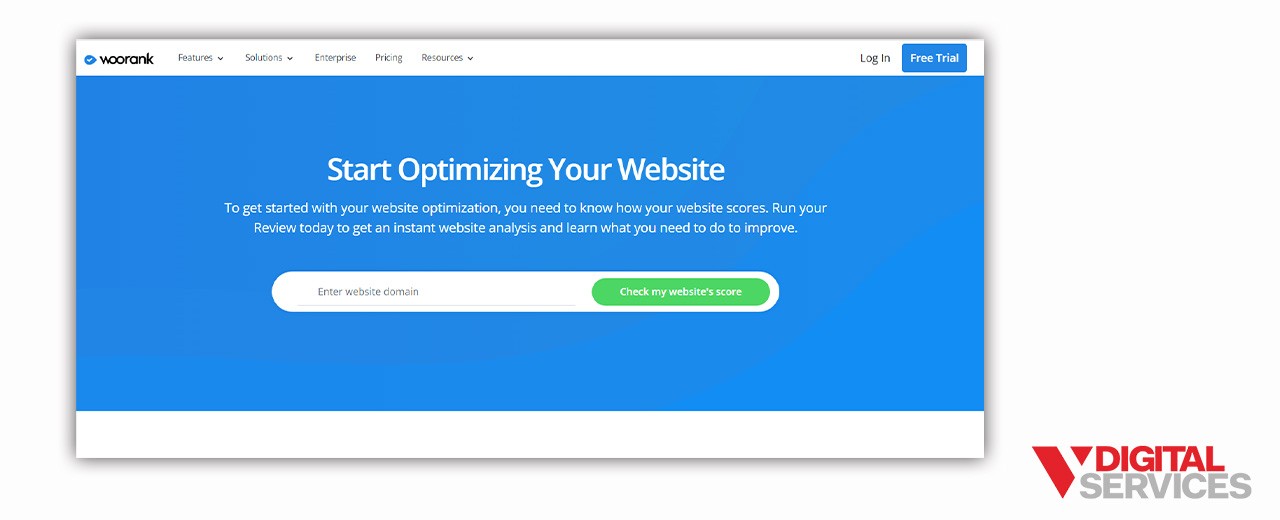
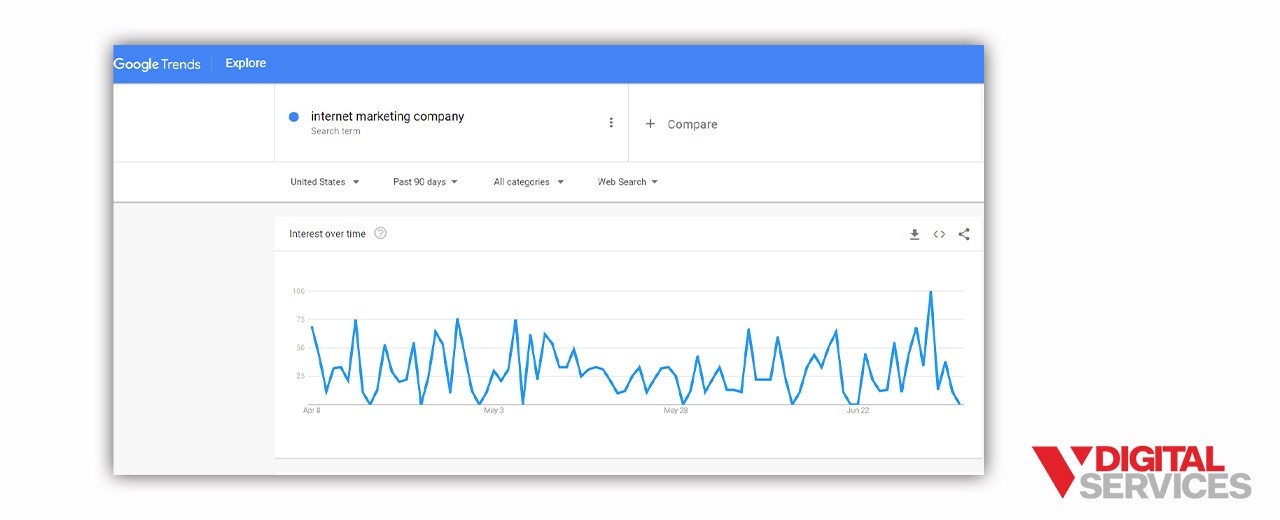
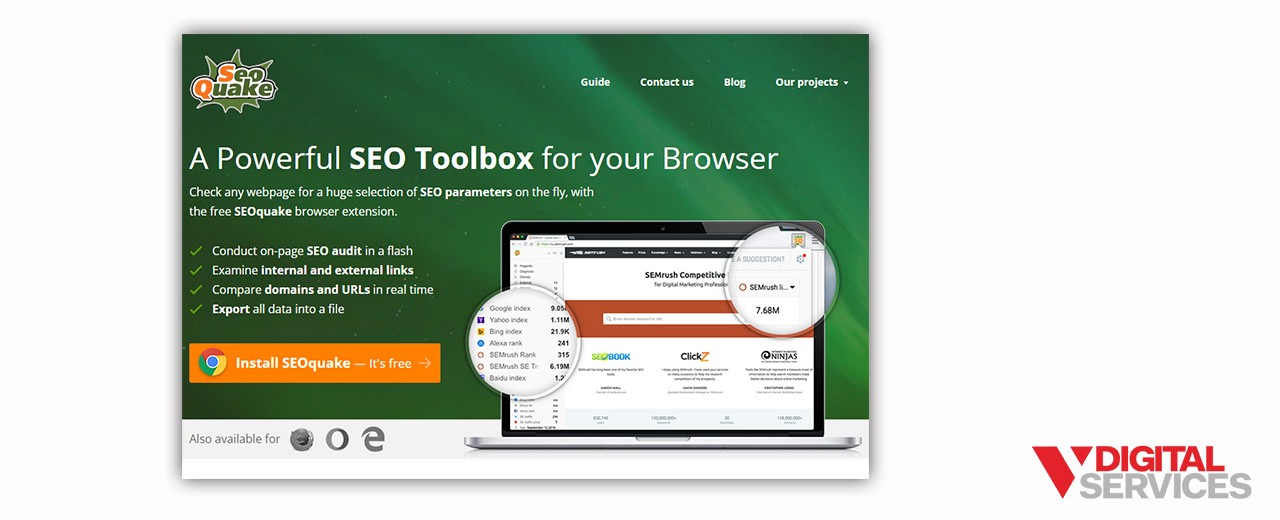
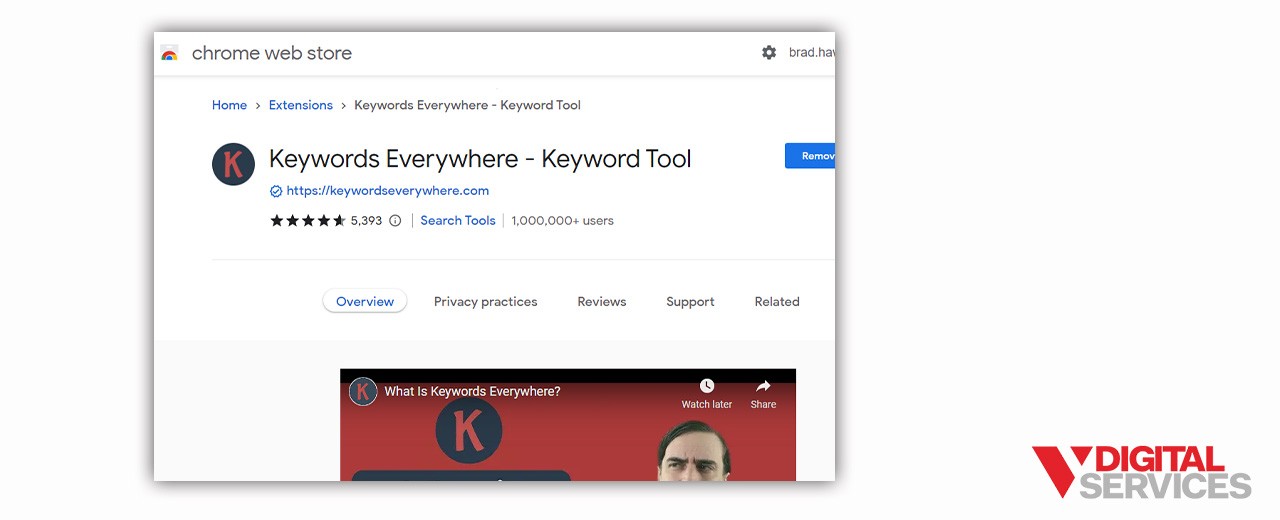
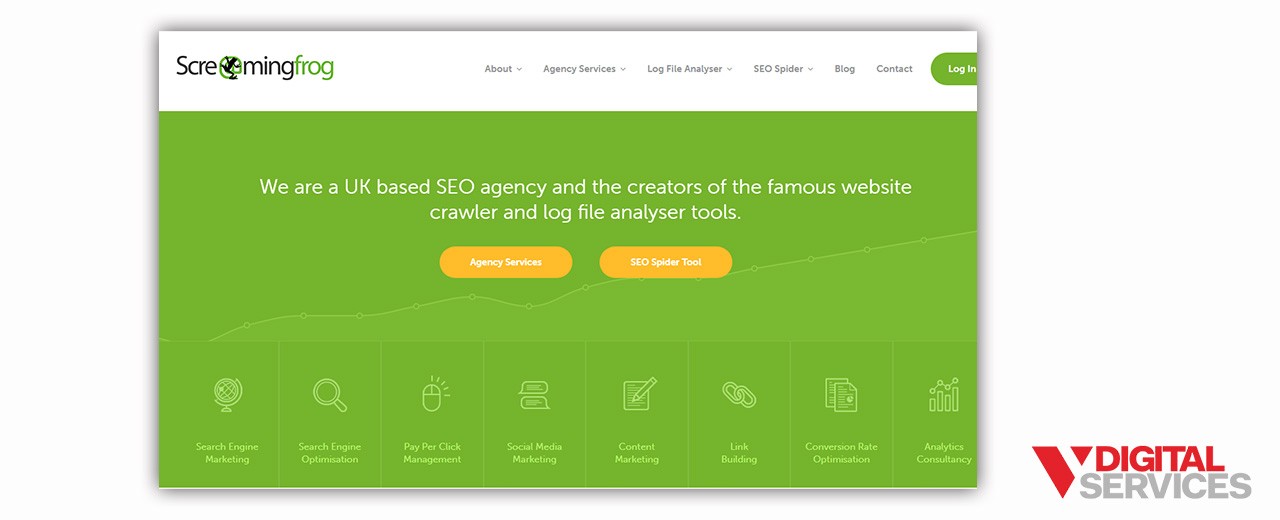
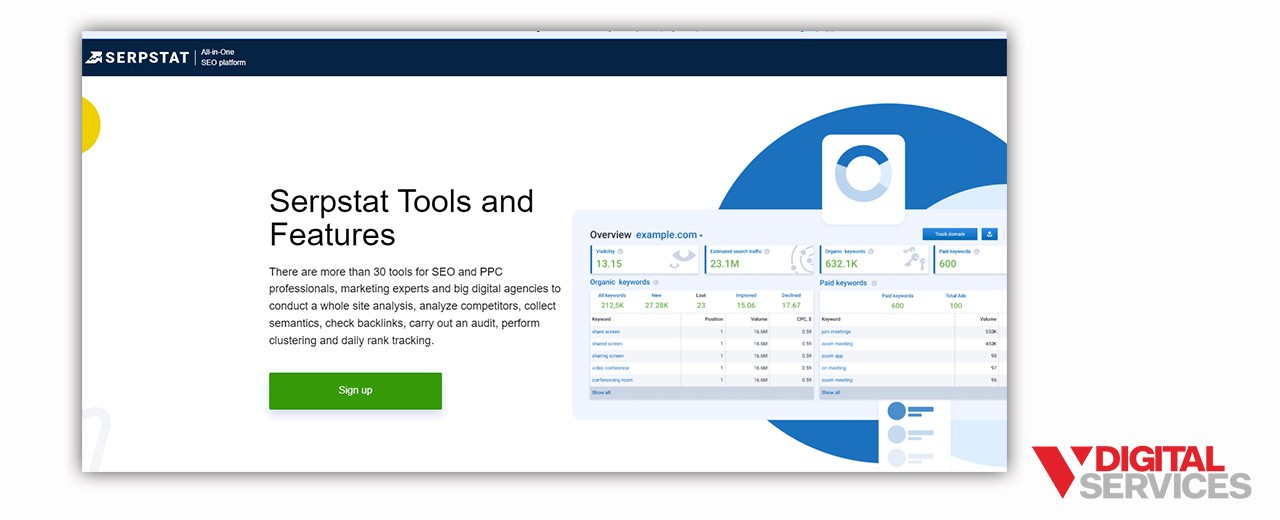

 PREVIOUS
PREVIOUS
Amazing Blog! I love the way you explain things, i will surely follow your tips to increase blog traffic, Thanks for sharing informative blog!!
Well, it’s undoubtedly a comprehensive guide to SEO tools that a company or individual may choose from in order to enhance their capability and success rate.